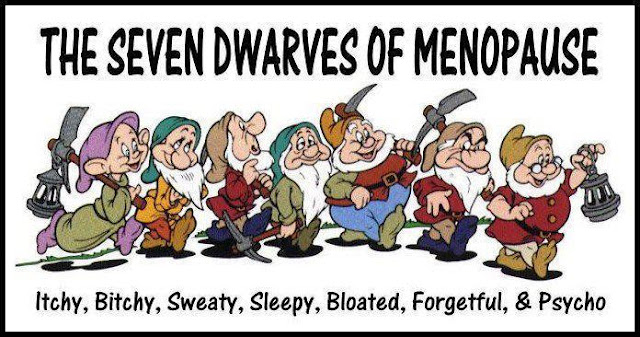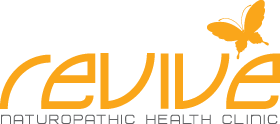Menopause
October 31, 2014 · Dr.Steven Hsu, ND · Uncategorized · 0 CommentsMenopause
The average women begin the next chapter of their life with physiological decline of the female hormones at around age 50. The process of menopause becomes official when a woman has not had a period for 12 straight months. The life between Peri-menopause and Post-menopause can introduce several health concerns. 
Signs and Symptoms:
- Hot flashes/ Night Sweats
- Insomnia
- Weight gain
- Thinning skin
- Depression/ Mood Swings
- Menstrual irregularities
- Unwanted hair growth
- Boss loss
What’s happening in our body?
Biochemical changes that translate into the above symptoms are due to declining levels of Estrogen and Progesterone. The rate of each hormone declination is not synced perfectly in our body therefore it often produces these horrible “Estrogen Dominance” effect. Persistent Estrogen Dominance not only contributes to irritability, hot flashes, and insomnia, but also increases your risk of osteoporosis, cardiovascular disease and estrogen-dependent cancers.
Testing method:
Salivary testing and follow up monitoring of hormones are crucial for determining the proper treatment program. Most hormones are bound to a carrier protein in our blood; a blood hormone test will not give accurate results of “Free” hormone levels in our body. Salivary testing will also give you flexibility in the timing of saliva collection and provide multiple samples in any given day.
Treatment Options:
“Dangerously Old” conventional Hormone Replacement Therapy (HRT)
- Premarin: a form of estrogen extracted from pregnant horse’s urine which has been link to increase risk of cardiovascular disease.
- Provera: a synthetic form of progesterone which may increase your risk of breast cancer, blood clots and also cardiovascular disease.
“New” Bio-identical Hormone Replacement Therapy (BHRT)
Hormones that are synthesized from a plant-based source which looks and acts like a human hormone
- Prometrium/ and its other generic form: this is essentially like the human-grade Progesterone
- Estradiol and Estriol: two most commonly used bio-identical estrogen form.
*Note: BHRT is still considered a drug therapy; you will need to speak with me (ND) or someone who has experience in BHRT and prescribing authority such as your physician (MD). Do not self-prescribe hormone therapy or buy hormone from untrusted source.
Conclusion:
Hormones are not just important in menopausal women, it is also important in cases such as:
- Dysmenorrhea (PMS) /irregular menstrual cycle
- Endometriosis
- Polycystic Ovary Syndrome (PCOS)
- ACNE
- Infertility
What your medical doctors don’t tell you:
Things that can interfere with our hormones:
- Stress
- Nutritional deficiency/ Caffeine overuse
- Insulin resistance
- Toxicity/inflammation
Organs that can directly affect your hormones:
- Adrenal gland: under high stress, the high cortisol demand will decrease progesterone production as well as testosterone and estrogen.
- Thyroid gland: Adrenal dysfunction is linked to hypothyroidism.



